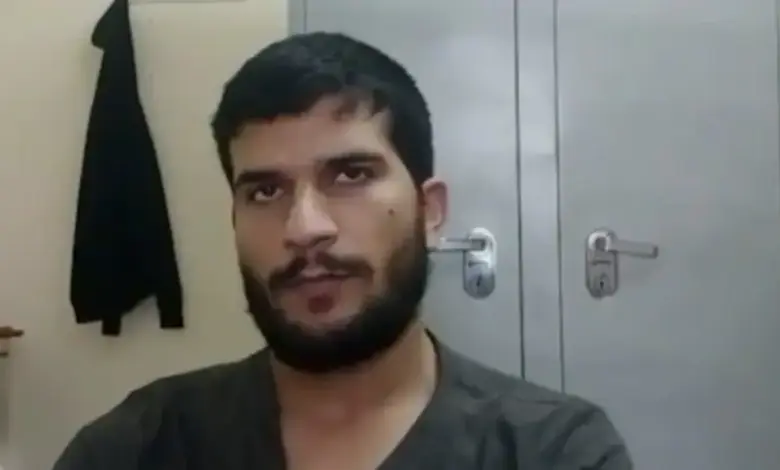Radical Videos and Virtual Indoctrination: Inside the Mind of Delhi’s Suicide Bomber

New Delhi — The architect of last week’s deadly explosion near Delhi’s iconic Red Fort, Dr. Umar Mohammad—also known as Umar-un-Nabi—had produced a series of inflammatory videos in recent months aimed at radicalizing and enlisting supporters, according to sources familiar with the investigation. Authorities have since retrieved 12 of these recordings from the bomber’s mobile device.
These clips, investigators say, were steeped in extremist rhetoric designed to exalt jihadist ideals. Several delved into narratives of Islamic supremacy over rival religions, while others drew parallels to historical conflicts. One prominent theme portrayed the triumphs of Afghan mujahideen and Taliban fighters against global powers like Russia and the United States as attainable victories for any believer. In a particularly stark segment, Umar declared, “Right now you might be lying low, but if you have faith in Allah and yourself, you can defeat India.”
Recruited into a sophisticated, university-linked terror network at Haryana’s Al-Falah University by fellow suspects, Umar disseminated additional propaganda clips from hardline Islamist figures to a network of contacts via secure messaging applications. Among his recipients was Jasir Bilal, identified as a key accomplice in the Red Fort attack. Recovered communications show Bilal’s initial reluctance to join the plot, which sources attribute to the persuasive sway of Umar’s materials, ultimately overcoming his doubts.
Beyond mere sharing, Umar conducted virtual workshops for his associates, dissecting the mechanics and spiritual merits of suicide missions to bolster their resolve. Officials believe a recently leaked recording—where Umar extols the virtues of such acts—stems from one of these sessions, crafted in response to a follower’s question.
In the footage, captured in a nondescript room with Umar clad in a simple gray T-shirt, he addresses the camera in fluent, accented English, reframing self-sacrifice as a noble pursuit. “One of the very misunderstood concepts is the concept of what has been labelled as suicide bombing. It is a martyrdom operation… known in Islam,” he explained, dismissing counterarguments as flawed. He elaborated that true martyrdom involves accepting one’s fate at a predetermined moment, underscoring the unpredictability of death as divinely ordained. “Don’t fear death,” he urged.
The video’s rapid spread across social media prompted swift action from Meta, the platform owned by Mark Zuckerberg, which removed it for violating community standards.
The blast itself unfolded when a white Hyundai i20 detonated in close proximity to the Red Fort, claiming 15 lives; forensic DNA analysis later verified Umar as the perpetrator. The timing appeared tied to a parallel raid just 50 kilometers away in Haryana’s Faridabad, where police uncovered 2,900 kilograms of explosives. Sources suggest Umar, sensing the net closing after the detention of two prominent cell members—Dr. Muzammil Shakeel and Dr. Adil Rather, both Kashmiri natives—hastened the operation in a bid to evade capture.
As probes deepen into this educated terror cadre, the revelations paint a portrait of digital evangelism fueling real-world violence, with agencies racing to dismantle remaining threads.




